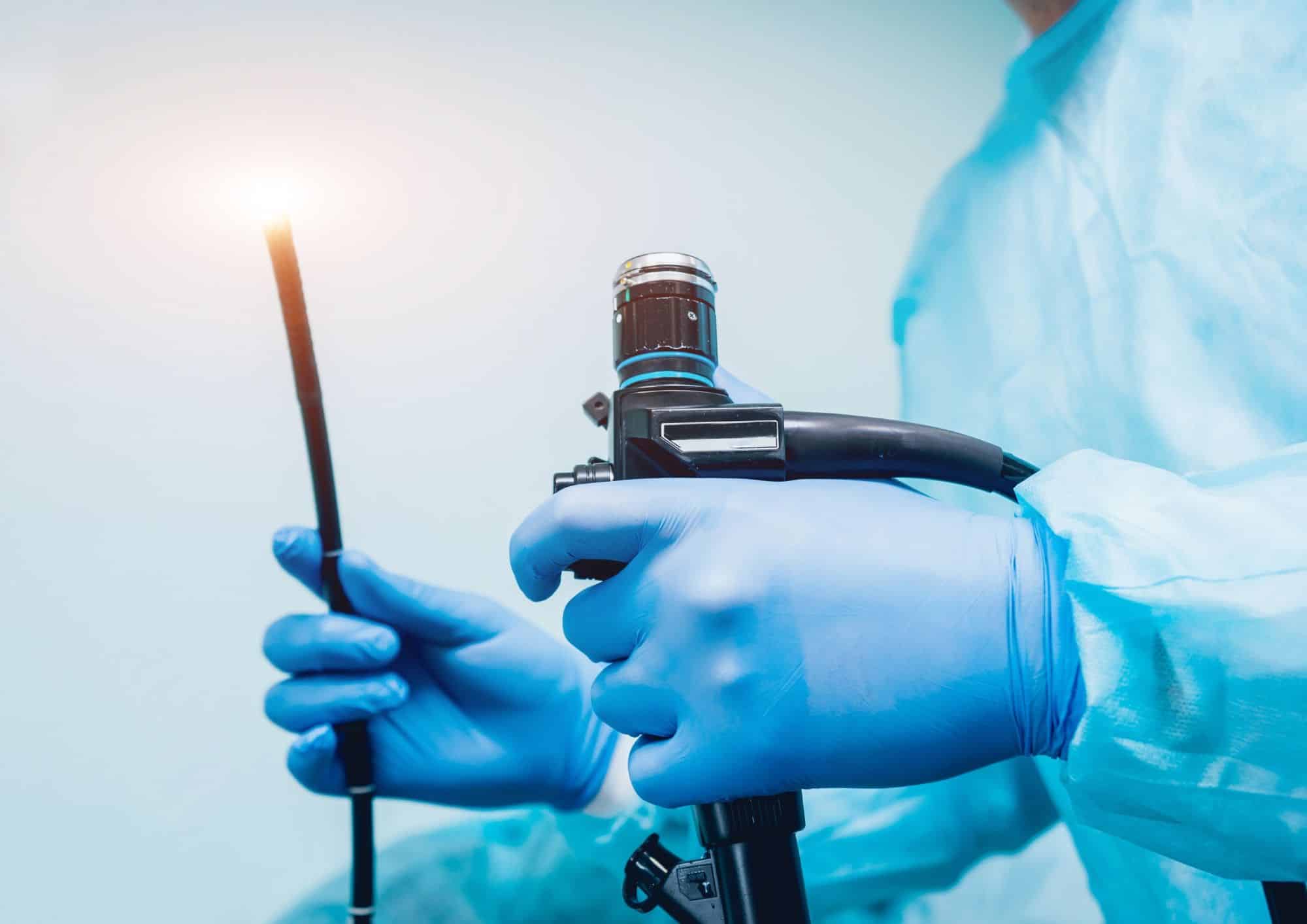Technological innovation continues to revolutionize the medical field, especially in the field of digestive endoscopy, where artificial intelligence (AI) is playing a key role. This technology has allowed significant advances in the detection of polyps and other lesions in the digestive tract, transforming daily medical practice significantly. Juan Arenas, head of the Digestive System Service at Policlínica Gipuzkoa, emphasizes that “AI is mainly helping in the detection of polyps and polypoid lesions in the colon, and in some cases, to identify what type of polyps they are.”
The main advantage that artificial intelligence offers is its ability to overcome human limitations. In a day filled with multiple procedures, specialists may be affected by fatigue and distraction, but machines do not rest. These technological tools focus on suspicious areas that require a more detailed evaluation, which not only increases the chances of detecting polyps, but also allows timely interventions that can prevent the development of cancer.
Arenas points out that “AI helps, above all, in detection and the number of lesions. The more polyps we detect, the better, as we can remove them and perform polypectomies or resections during endoscopy, avoiding those lesions turning malignant in the future.” He also adds that “Artificial Intelligence improves detection and provides greater safety at the end of the procedure, ensuring that all areas have been properly reviewed.”
Despite these advances, Arenas clarifies that the methodology of endoscopies remains essentially the same. “We continue to perform endoscopies in the same way as years ago, but now we have greater safety and peace of mind. Technology offers especially useful support for younger professionals, who are still gaining experience,” he states.
Looking ahead to the future, expectations are optimistic. Arenas anticipates that improvements in algorithms will allow for higher quality images, increased contrast, detail, and zoom capacity, which will facilitate navigation through the digestive tract. “This will allow us to navigate more easily through the digestive tract and, in the future, identify with precision which polyps should be removed and which should not, thus avoiding subjecting patients to unnecessary polypectomies,” he concludes.
These advances highlight a promising future at the intersection of technology and medicine, where artificial intelligence not only optimizes current practices, but also establishes a new standard of precision and care in medical attention.
via: MiMub in Spanish










